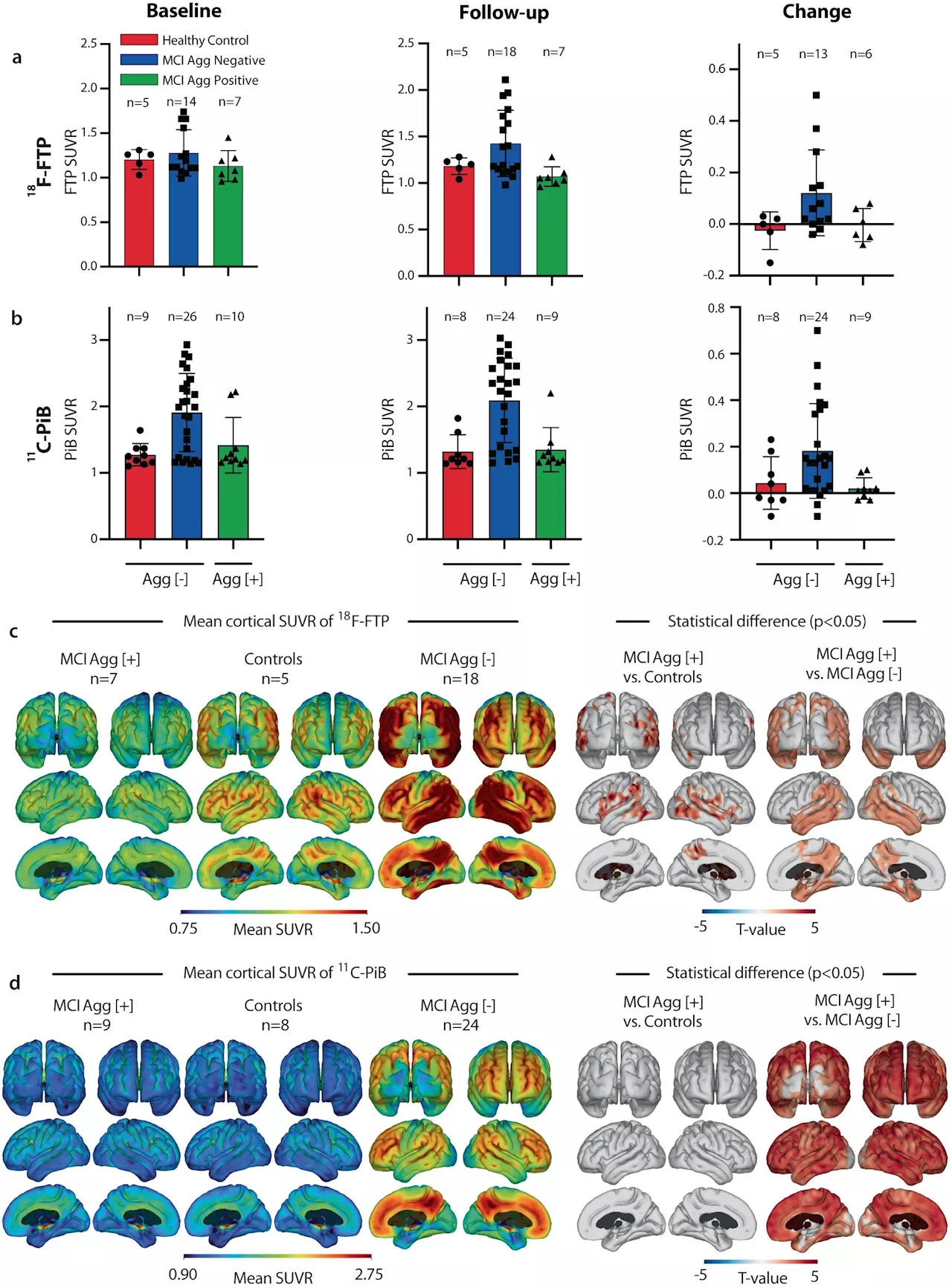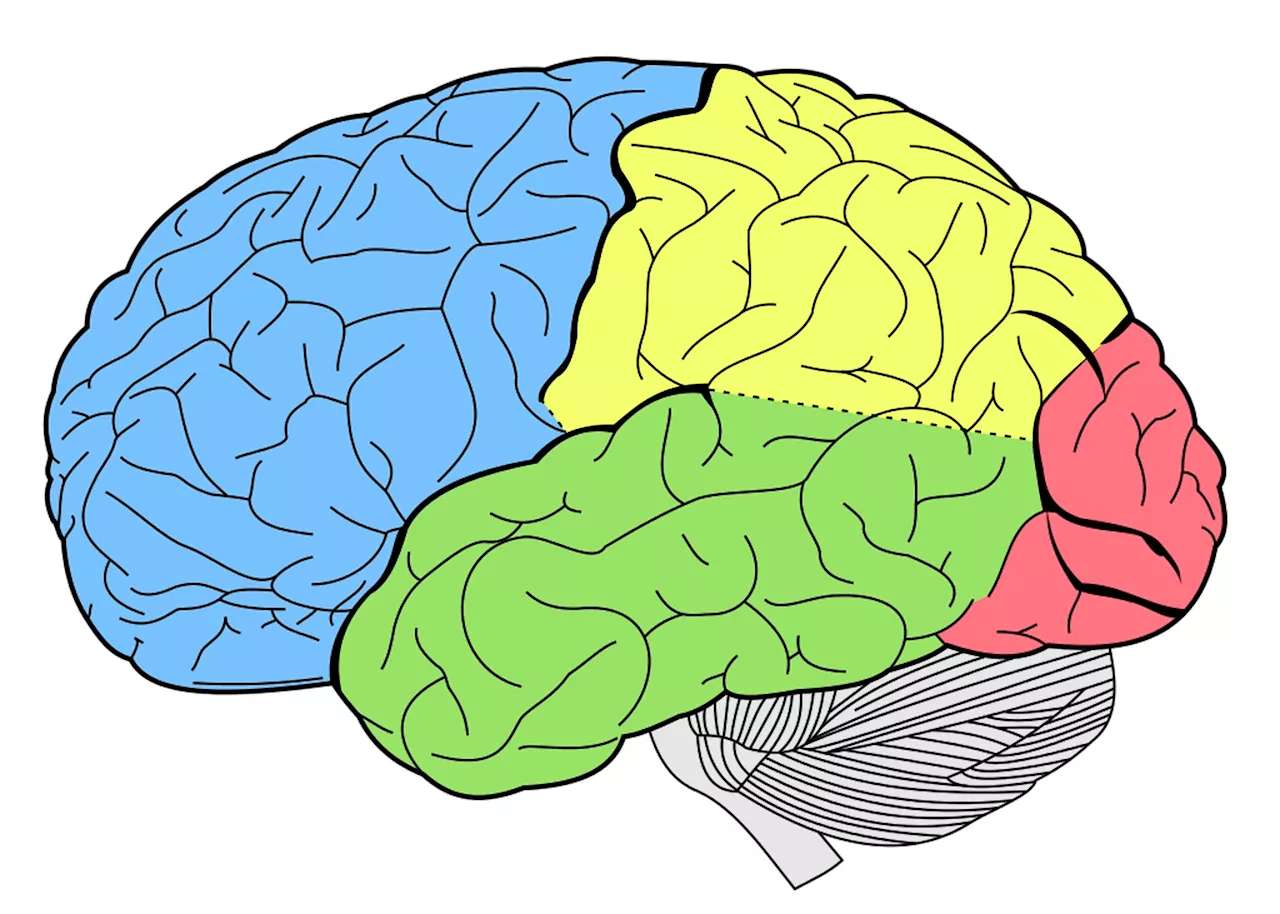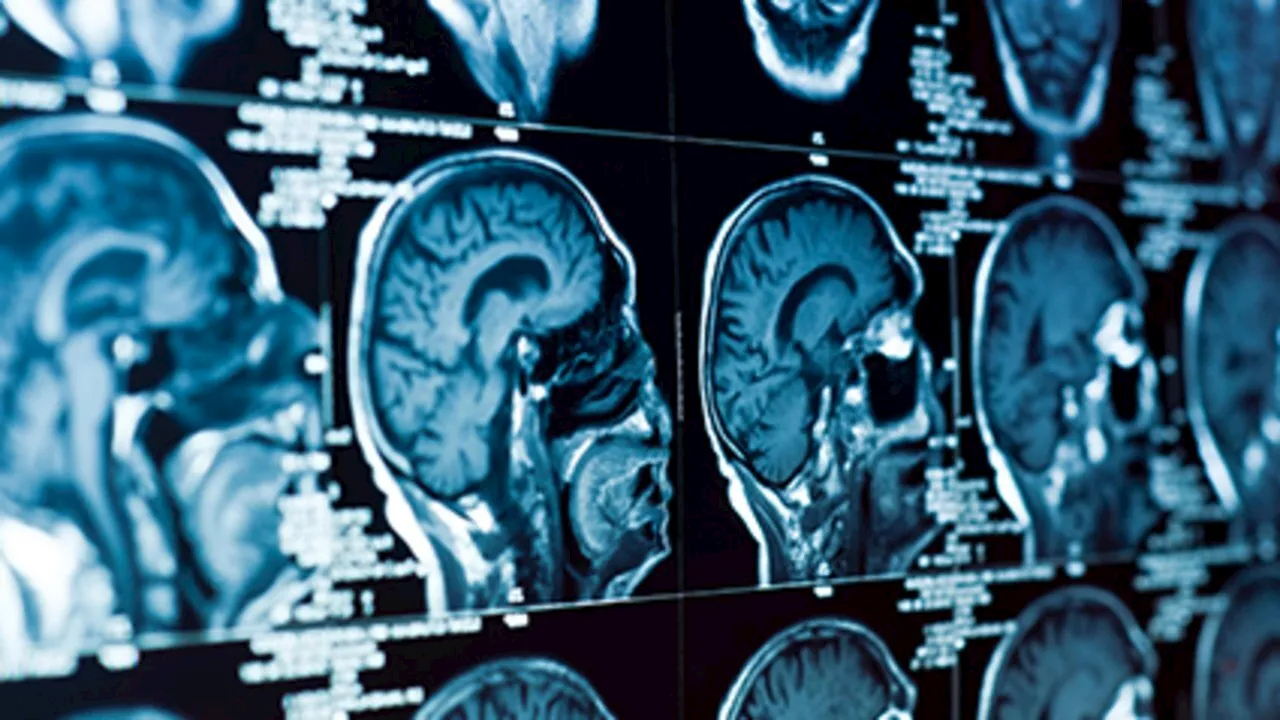Globally, the number of people living with, or dying from, neurological conditions such as stroke, Alzheimer's disease and other dementias, and meningitis has risen substantially over the past 30 years due to the growth and aging of the global population as well as increased exposure to environmental, metabolic, and lifestyle risk factors.
Mar 15 2024The Lancet Globally, the number of people living with, or dying from, neurological conditions such as stroke, Alzheimer's disease and other dementias, and meningitis has risen substantially over the past 30 years due to the growth and aging of the global population as well as increased exposure to environmental, metabolic, and lifestyle risk factors. In 2021, 3.
The most prevalent neurological disorders in 2021 were tension-type headaches and migraines . Diabetic neuropathy is the fastest-growing of all neurological conditions. To better reflect that neurological disorders can occur at any stage of life, for the first time the GBD 2021 Nervous System Disorders Collaborators studied neurodevelopmental disorders and neurological conditions in children, and found that they were responsible for almost a fifth of all DALYs in 2021, accounting for 80 million years of healthy life lost worldwide.
In contrast, in the worst-off regions of western and central sub-Saharan Africa, the rate of DALYs and deaths were up to five times higher in 2021, with stroke, neonatal encephalopathy , dementia, and meningitis the biggest contributors to years of healthy life lost. The study quantified the proportion of nervous system burden that was potentially preventable by eliminating known risk factors for stroke, dementia, multiple sclerosis, Parkinson's disease, encephalitis, meningitis, and intellectual disability.
United Kingdom Latest News, United Kingdom Headlines
Similar News:You can also read news stories similar to this one that we have collected from other news sources.
 Study opens the door to earlier diagnosis and potential treatment for Alzheimer's diseaseA study might open the door to earlier diagnosis and a potential pathway toward slowing the progression of Alzheimer's disease. Researchers have discovered a special receptor on immune cells that can effectively bind and neutralize harmful 'beta proteins,' which are strongly associated with the disease.
Study opens the door to earlier diagnosis and potential treatment for Alzheimer's diseaseA study might open the door to earlier diagnosis and a potential pathway toward slowing the progression of Alzheimer's disease. Researchers have discovered a special receptor on immune cells that can effectively bind and neutralize harmful 'beta proteins,' which are strongly associated with the disease.
Read more »
 Study highlights potential of p-tau217 assays in Alzheimer's clinical trials and diagnosisThe performance of two commercial phospho-tau217 (p-tau217) assays.
Study highlights potential of p-tau217 assays in Alzheimer's clinical trials and diagnosisThe performance of two commercial phospho-tau217 (p-tau217) assays.
Read more »
 Neurological conditions now leading cause of ill health and disability globally, new analysis findsGlobally, the number of people living with, or dying from, neurological conditions such as stroke, Alzheimer's disease and other dementias, and meningitis has risen substantially over the past 30 years due to the growth and aging of the global population as well as increased exposure to environmental, metabolic, and lifestyle risk factors.
Neurological conditions now leading cause of ill health and disability globally, new analysis findsGlobally, the number of people living with, or dying from, neurological conditions such as stroke, Alzheimer's disease and other dementias, and meningitis has risen substantially over the past 30 years due to the growth and aging of the global population as well as increased exposure to environmental, metabolic, and lifestyle risk factors.
Read more »
 Researchers identify mutation that alters Alzheimer's disease progressionThe scientist of the Faculty of Medicine of the University of Malaga José Luis Royo has coordinated a study that summarizes eight years of research and brings together 100 multidisciplinary specialists, identifying a mutation that alters Alzheimer's disease progression.
Researchers identify mutation that alters Alzheimer's disease progressionThe scientist of the Faculty of Medicine of the University of Malaga José Luis Royo has coordinated a study that summarizes eight years of research and brings together 100 multidisciplinary specialists, identifying a mutation that alters Alzheimer's disease progression.
Read more »
 PharmaKure announces epigenetics collaboration with Sheffield Hallam University to understand mechanisms of Alzheimer’s DiseasesNew collaboration will enhance ability to identify those more at risk of developing brain diseases to enable earlier interventions.
PharmaKure announces epigenetics collaboration with Sheffield Hallam University to understand mechanisms of Alzheimer’s DiseasesNew collaboration will enhance ability to identify those more at risk of developing brain diseases to enable earlier interventions.
Read more »
 FDA delays decision on new Alzheimer's drugInstead of approving the new Alzheimer's drug donanemab this month, as was expected, the U.S. Food and Drug Administration will now require the experimental medication be scrutinized more closely by an expert panel, the drug's maker said Friday.
FDA delays decision on new Alzheimer's drugInstead of approving the new Alzheimer's drug donanemab this month, as was expected, the U.S. Food and Drug Administration will now require the experimental medication be scrutinized more closely by an expert panel, the drug's maker said Friday.
Read more »
